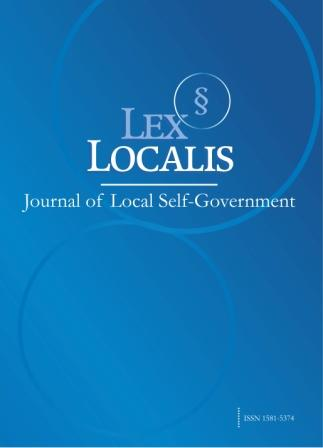CINEMATIC NARRATIVES OF FRACTURED SELVES: IDENTITY FORMATION, PSYCHOLOGICAL TRAUMA, AND DEFENSE MECHANISMS IN ’TAMASHA’, ‘THE GREAT INDIAN KITCHEN’ AND ‘FANDRY’
DOI:
https://doi.org/10.52152/800211Keywords:
Psychological Trauma, Defense Mechanisms, Identity Formation, Postcolonial Cinema, Psychoanalytic Film Theory, Cultural OppressionAbstract
This article examines the intricate interplay of psychological trauma, identity formation, and defense mechanisms in three contemporary Indian films:Tamasha (2015, Hindi), The Great Indian Kitchen (2021, Malayalam), and Fandry (2013, Marathi). Adopting a triangulated, mixed-methods approach that integrates psychoanalytic close reading, sociocultural critique, and visual semiotic analysis, the study investigates how cinematic narratives function as cultural texts that mirror and contest hegemonic structures such as patriarchy, caste hierarchy, and neoliberal individuation. The central research question guiding this inquiry is: How do these films depict psychological defense mechanisms in response to sociocultural trauma, and how do they challenge dominant identity narratives through formal and thematic choices? Grounded in the psychoanalytic frameworks of Sigmund Freud (structural model of the psyche; defense mechanisms such as repression and sublimation), Anna Freud (developmental schema of defenses), and Jacques Lacan (the Symbolic, the Imaginary, the Real; the fragmented subject), the analysis also draws from Erik Erikson's psychosocial theory of identity crisis, Frantz Fanon's theory of racial alienation and "epidermalization," and Homi Bhabha's concepts of mimicry and hybridity. Judith Butler's theory of performativity also lends critical insight into the gendered dimensions of trauma and resistance. In Tamasha, the protagonist's fractured identity is read through Lacan's notion of "lack" and Freudian sublimation, illuminating the conflict between societal conformity and authentic creativity. The Great Indian Kitchen employs spatial repetition and silence to depict gendered trauma and domestic oppression, analyzed via feminist psychoanalysis and Butler's performativity. Fandry foregrounds caste-based humiliation and resistance through Fanon's framework of internalized oppression and Erikson's identity-stage conflict. The study contributes to interdisciplinary scholarship in postcolonial film studies, identity politics, and trauma theory by examining how these films aesthetically and psychologically negotiate trauma. It argues that cinema not only narrativizes personal suffering but also performs acts of cultural and political subversion, affirming that the personal is political and that trauma narratives are integral to reimagining selfhood in postcolonial societies.
Downloads
Published
Issue
Section
License
Copyright (c) 2025 Lex localis - Journal of Local Self-Government

This work is licensed under a Creative Commons Attribution-NonCommercial-NoDerivatives 4.0 International License.








